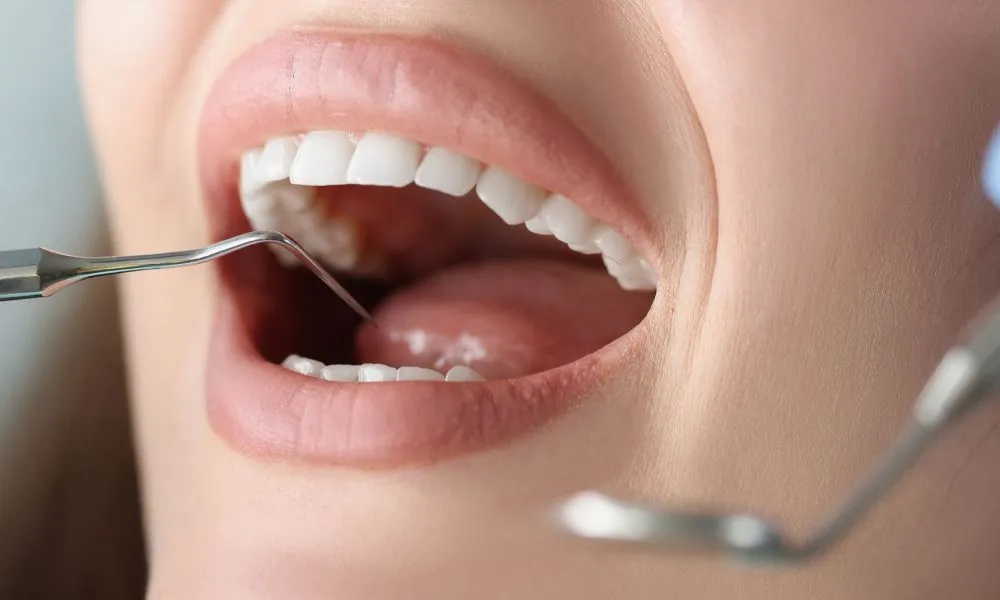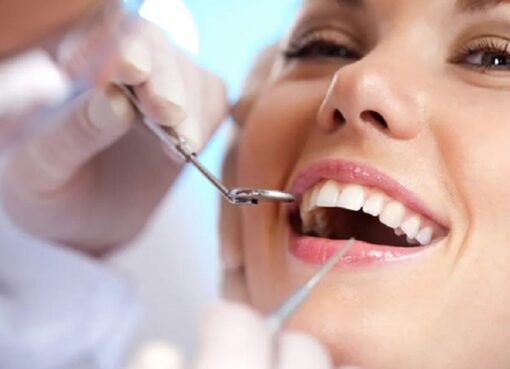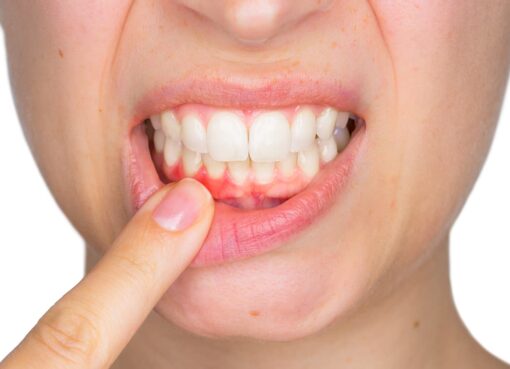A cracked tooth is more than just a cosmetic concern; it can significantly affect your overall oral health and lead to various complications if not addressed promptly. Understanding the causes, symptoms, and treatment options for a cracked tooth is crucial in maintaining dental well-being. This article explores the implications of a cracked tooth and emphasizes the importance of timely intervention.
Understanding Cracked Teeth
Cracked teeth can occur for various reasons, including trauma, grinding, or excessive biting forces. They can manifest in different forms, such as hairline cracks, vertical cracks, or fractures that extend into the root. Regardless of the type, a cracked tooth can lead to pain, sensitivity, and even more serious dental issues if left untreated.
Symptoms of a Cracked Tooth
Identifying a cracked tooth can be challenging, as the symptoms may vary depending on the severity and location of the crack. Common signs include:
- Pain: You may experience sharp pain when biting down or chewing, which can be intermittent or persistent.
- Sensitivity: Increased sensitivity to hot or cold foods and beverages is another common symptom associated with cracked teeth.
- Swelling and Discomfort: In some cases, swelling around the gum line or a feeling of discomfort in the jaw can indicate an underlying problem caused by the crack.
If you notice any of these symptoms, it’s essential to consult your dentist as soon as possible. Early diagnosis and treatment can prevent further complications.
Potential Complications of a Cracked Tooth

Ignoring a cracked tooth can lead to several oral health issues, which may complicate treatment and increase discomfort. Some potential complications include:
- Infection: A cracked tooth can allow bacteria to enter the tooth pulp, leading to infection. This may require more invasive treatments, such as root canal therapy, to remove the infected tissue.
- Tooth Loss: If the crack extends deeply into the tooth or if it weakens the structure, the tooth may become unstable and could eventually lead to tooth loss.
- Gum Disease: Cracks can also contribute to gum irritation and inflammation, increasing the risk of periodontal disease if not addressed in a timely manner.
Treatment Options for a Cracked Tooth
Treatment for a cracked tooth depends on the severity of the crack and the symptoms experienced. Your dentist will conduct a thorough examination and may recommend one of the following options:
- Bonding: For minor cracks, dental bonding can be an effective solution. This procedure involves applying a tooth-colored resin to the affected area, restoring both function and aesthetics.
- Crown: If the crack is more significant, your dentist may recommend placing a crown over the tooth to protect it from further damage and restore its strength.
- Root Canal Therapy: In cases where the tooth pulp is infected, a root canal may be necessary to remove the infected tissue. After the procedure, the tooth will usually be restored with a crown.
- Extraction: If the tooth is severely cracked and cannot be saved, extraction may be the only option. Your dentist will then discuss replacement options, such as dental implants or bridges.
Preventing Cracked Teeth
While it’s not always possible to prevent a cracked tooth, several measures can help minimize the risk:
- Avoid Hard Foods: Steer clear of hard candies, ice, and other hard foods that can put excessive pressure on your teeth.
- Wear a Mouthguard: If you grind your teeth at night or participate in contact sports, wearing a mouthguard can help protect your teeth from damage.
- Regular Dental Check-ups: Routine dental visits allow your dentist to monitor your oral health and catch potential issues early, reducing the risk of complications from cracked teeth.
The Importance of Prompt Treatment
Addressing a cracked tooth as soon as possible is crucial to maintaining your oral health. Early intervention can prevent complications such as infections, tooth loss, and the development of more severe dental issues. If you suspect you have a cracked tooth, do not hesitate to contact your dentist for an evaluation.
Conclusion
A cracked tooth can have significant implications for your oral health, ranging from pain and sensitivity to serious complications like infection and tooth loss. Understanding the symptoms and treatment options is essential for maintaining your dental well-being. By taking preventive measures and seeking prompt treatment, you can mitigate the impact of a cracked tooth and ensure a healthier smile for years to come.





